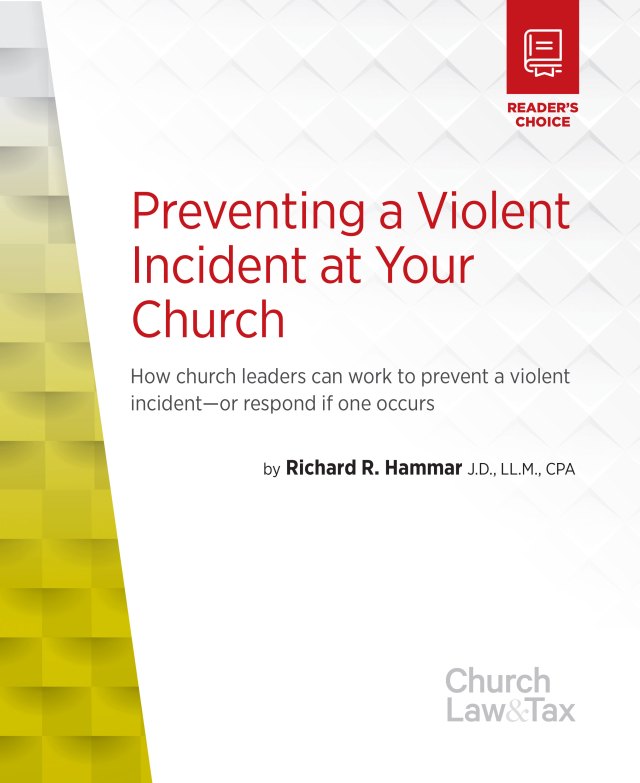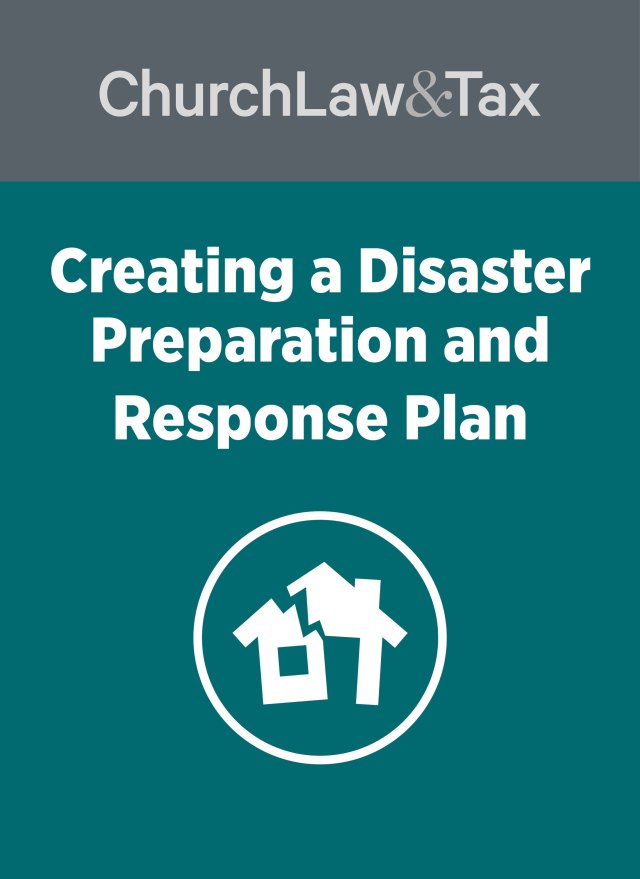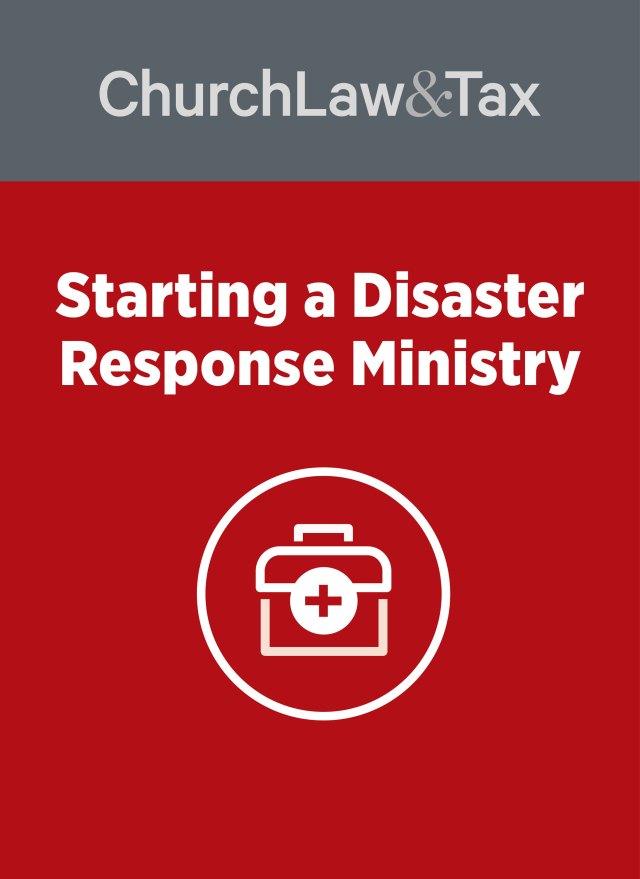• Key point. Churches do not have to tolerate persons who disrupt worship services. Churches can obtain “restraining orders” prohibiting such persons from entering onto church property.
A Minnesota court upheld the legal validity of a restraining order prohibiting a disruptive individual from entering onto a church’s premises. A person (the “defendant”) disrupted services at a Catholic church. The church’s board of directors adopted a resolution authorizing the pastor to send a letter to the defendant banning him from church property, and to enforce the ban through appropriate legal action. This letter was hand—delivered to the defendant. Later, on three separate occasions, the defendant attended services at the church despite being banned from the premises. The church board asked a court to issue a “harassment restraining order”. Following a hearing, a court issued a restraining order that provided: “[The defendant] shall not enter upon the premises of the [church] and/or any other church property.” The defendant challenged the legality of this order on appeal. A state appeals court ruled that the order was valid and enforceable. The court noted that the first amendment prohibits civil courts from deciding ecclesiastical or doctrinal disputes, but that “civil courts can hear non—doctrinal disputes that can be determined utilizing neutral principles of law.” The court concluded that the church board’s resolution banning the defendant from the property was a “secular” document that provided the court “with a familiar and neutral basis to decide the harassment action before it”. The court also rejected the defendant’s claim that the restraining order was too broad.
Application. A number of churches have had the unpleasant experience of having a disruptive person attend worship services or other church activities. Church leaders often are unsure how to respond to such outbursts. This case demonstrates that churches do not have to tolerate such behavior, and that the civil courts will issue appropriate restraining orders if warranted by the facts. Naumann v. Zimmer, 1997 WL 10520 (Minn. App. 1997). [Removing Disruptive Individuals]
© Copyright 1998 by Church Law & Tax Report. All rights reserved. This publication is designed to provide accurate and authoritative information in regard to the subject matter covered. It is provided with the understanding that the publisher is not engaged in rendering legal, accounting, or other professional service. If legal advice or other expert assistance is required, the services of a competent professional person should be sought. Church Law & Tax Report, PO Box 1098, Matthews, NC 28106. Reference Code: m21 c0298




